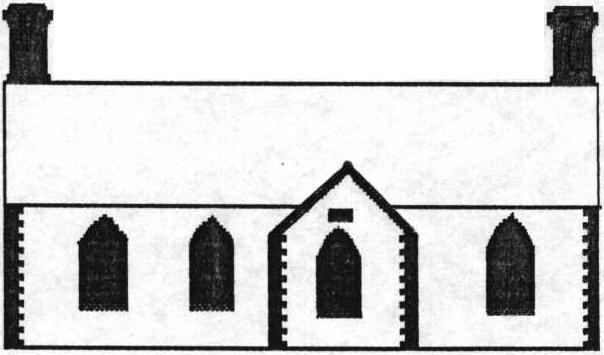History - Class 2
Our Class 2 History curriculum, taught through the KAPOW Primary Curriculum on a four‑year rolling programme which includes themes from both Cycle A and Cycle B, brings the past vividly to life and ensures every child experiences a broad and balanced journey through time. Pupils explore British, local, and world history across different eras, developing a clear sense of historical timelines. Each year focuses on carefully chosen topics, revisited and built upon to deepen knowledge and understanding. Children learn to ask perceptive questions, think critically, weigh evidence, and develop reasoned arguments. Lessons highlight voices and experiences from a wide range of cultures and communities, fostering inclusivity, and artefacts, sources, and interactive activities help pupils connect with the past in meaningful ways.
By following our four‑year rolling programme, all Class 2 pupils learn together, gaining a rich and varied historical education, regardless of their starting point. They leave primary school with curiosity about the past, confidence in their skills as young historians, and an appreciation of how history shapes the world today.
“Those that fail to learn from history are doomed to repeat it." - Winston Churchill.
